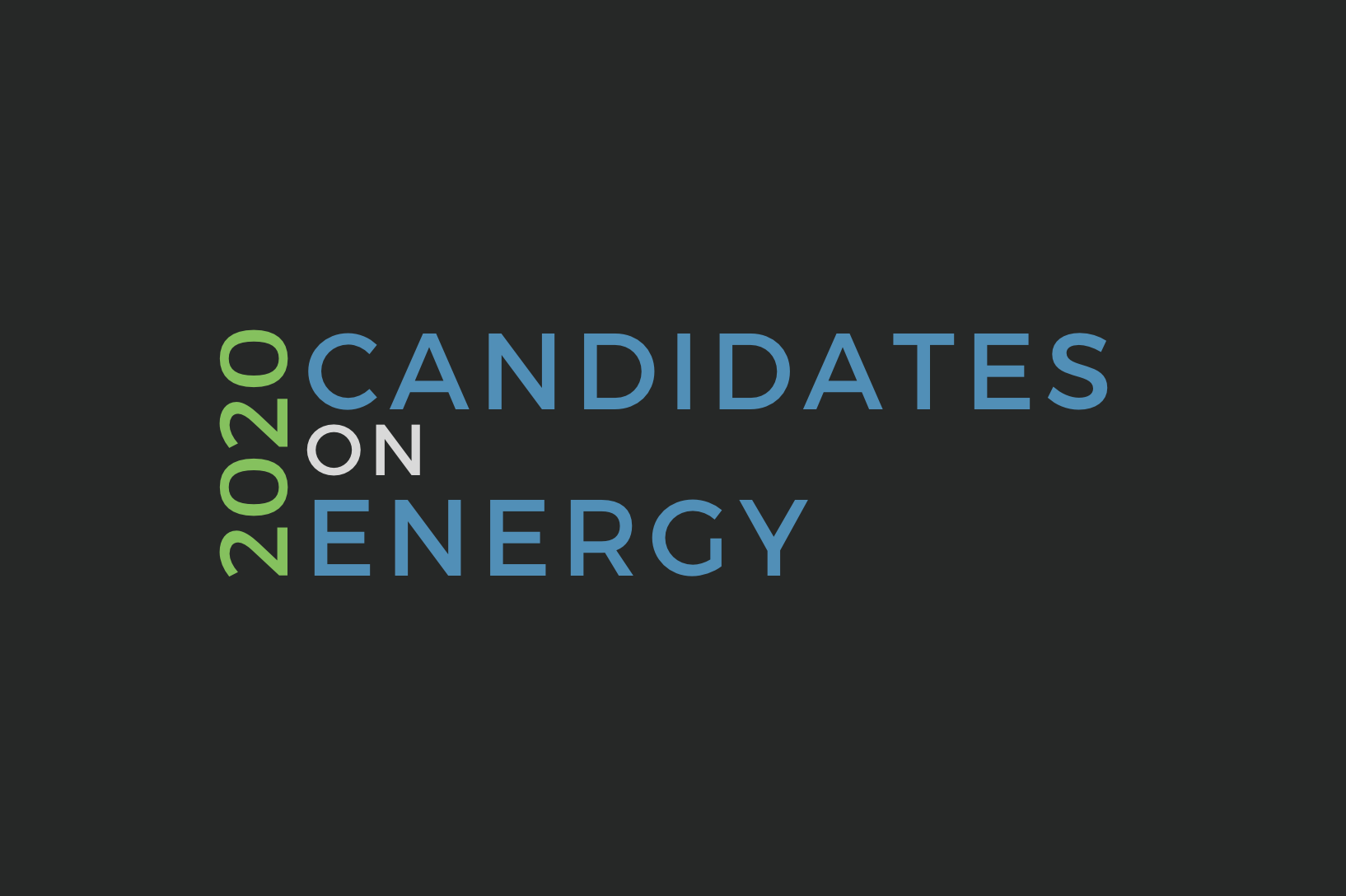This post is part of a series of blogs examining where 2020 Southeastern candidates for state and federal offices stand on key energy and climate issues. Note: The Southern Alliance for Clean Energy does not support or oppose candidates or political parties. Links to reports, candidate websites, and outside sources (such as this response tracker on science-related policy questions from NC State) are provided as citizen education tools.
READ THE ‘WHERE THE CANDIDATES STAND’ BLOG SERIES
In this blog, we examine the policies and position of Dan Forest, the current Lieutenant Governor and Republican nominee for North Carolina’s Governor. Also in this series we profile Roy Cooper, the current Governor and Democratic nominee for North Carolina’s Governor.
Forest received a bachelor’s and master’s degree in architecture from the University of North Carolina at Charlotte and worked as a senior partner at an architectural firm in Charlotte before being elected lieutenant governor in 2012.
Renewable Energy and Energy Efficiency
As Lieutenant Governor, Forest chairs the North Carolina Energy Policy Council whose mission is to develop short and long-term energy policy for the state of North Carolina. Forest’s vision for energy policy in North Carolina is energy independence, but he doesn’t provide details on how to achieve that beyond embracing an “all of the above” approach to energy policy.
While not an official position of the candidate himself, the energy advisory panel chaired by Forest has twice recommended increasing the state’s energy-savings goal to 40%.
He does not have an official position on any energy-related issues posted on his official campaign website.
Climate Change
When asked in a television interview whether mankind is having an impact on our climate he said, “I think the jury’s out on it. This whole notion of climate change and global warming is very new to the world of science.”
In a 2018 speech to a North Carolina-based conservative think tank (Civitas), Forest expressed a more direct opinion that climate change (among other issues) “really is the religion of the left” and that “the left…don’t have a hope in God. They have no hope in a higher power.”
Electric Transportation
While we are unable to locate an official position on electric vehicles, in May 2020 Forest did publicly invite Elon Musk and Tesla to consider re-locating to North Carolina as a business-friendly state.
In his role as Lieutenant Governor, Forest’s office requested funds to study how North Carolina can become a key destination for the emerging urban air mobility (UAM) industry. In the 2019 budget, $1.5 million was requested to study the industry and electric vertical takeoff and landing (eVTOL) technologies by interviewing “leaders in aviation, telecommunications, education, health care, transportation, fuel technologies, emergency management, military, agriculture, planning, and venture capital to determine opportunities for those aircraft systems.”
Energy Equity and Energy Burden
We were unable to confirm the candidate’s position on this energy-related issue in published media, public records, or the campaign website.
High-Risk Energy (Coal, Nuclear, Oil, Gas)
On his official Lieutenant Governor page, Forest notes that “By focusing on exploration, generation, and innovation, the Lieutenant Governor, along with the Energy Policy Council, is crafting a long-term energy strategy for continued prosperity in North Carolina.”
He expresses support for developing on-shore energy production through the shale (fracked gas) as well as the “substantial energy resources in the waters off the North Carolina coast” but does not clarify whether the offshore energy may be offshore oil and gas or offshore wind. Forest maintains that currently available energy sources, specifically nuclear, coal, and natural gas, will continue to predominate the energy mix in North Carolina, because “it is impossible to meet the base amount of energy needed by our population solely through the use of alternative and renewable sources of energy.”
If you are interested in learning more about where your state’s candidates for federal and state office stand on energy, click here to access the entire 2020 blog series. We encourage readers to register to vote well before registration deadlines, which are in early October but vary by state, and vote in the general election on or before November 3, 2020. For voting information in North Carolina, including updates about the impact of COVID-19 on voting, click here. Stay tuned for more posts in this series to come!
READ THE ‘WHERE THE CANDIDATES STAND’ BLOG SERIES
#CandidatesOnEnergy2020
This blog was written by Jennifer Rennicks, former Senior Director of Policy & Communications at the Southern Alliance for Clean Energy.



